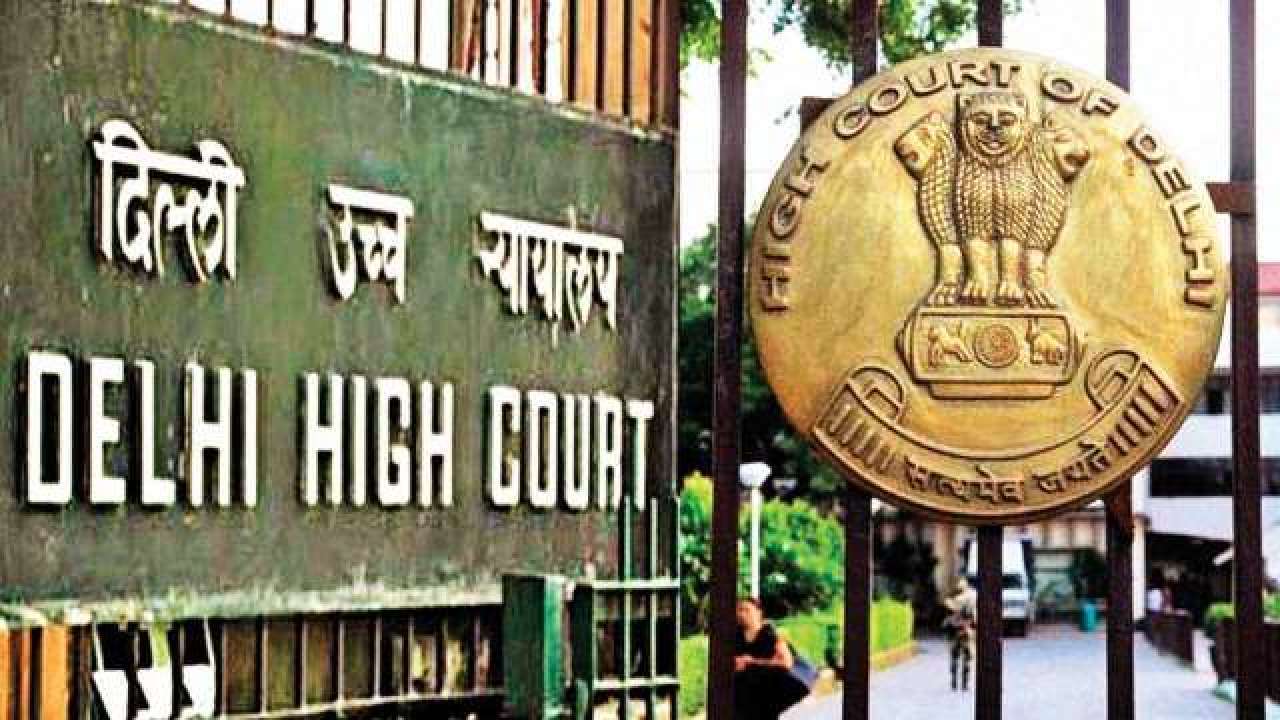Delhi High Court directs GST Council To Reconsider Excluding Small Scale Manufacturers Of Ice Cream From The Benefit of Section 10(1) of the Central Goods & Services Tax Act, 2017

The Delhi High Court has recently directed the GST Council to take up the aspect of exclusion of small scale manufacturers of ice cream from the benefit of section 10(1) of the Central Goods & Services Tax Act, 2017 in its next meeting within three months of pronouncement of this judgment.
"A reading of Section 10(2)(e) of the Act shows that no parameters, whatsoever, on the anvil of which, the respondent no.2 GST Council may recommend for notification, any goods from the benefit of Section 10(1) of the Act, have been prescribed. The legislature has vested the Government with absolute discretion to exempt whichever goods it may deem necessary from the benefit of Section 10(1) of the Act. The only limitation placed on the Government is to act on the GST Council's recommendation, established under Article 279A of the Constitution of India", Division Bench of Justice Rajiv Sahai Endlaw and Justice Sanjeev Narula noted.
In the present matter, while claiming to represent the interest of more than 50 small-scale ice cream manufacturing operating in the National Capital Territory of Delhi, the petitioner filed this petition impugning the GST Council's decision dated 18th June 2017. As per the decision, ice cream was excluded from the Composition Scheme's benefits under section 10 of the Central Goods & Services Tax Act, 2017.
The petitioner had submitted in its plea that the said exclusion violated the spirit of Article 14 and 19 of the Constitution of India and against the principles of natural justice. In this context, it was averred that there was no reason for clubbing ice cream with sin goods such as pan masala and tobacco. Further, it was also contended that the GST Council, while excluding ice cream from the benefit of section 10(1) of the Central Goods & Services Tax Act, 2017, did not give any reasons in its meeting.
"The reason which prevailed for excluding ice cream was that there is no Goods and Services Tax (GST) on milk, being a large constituent of ice cream and if small manufacturers of ice cream were to be given the benefit of Section 10(1) of the Act, there would be large scale loss of revenue", the counsel for the petitioner further contended.
Section 10(1) of the Central Goods & Services Tax Act, 2017 states that
“Notwithstanding anything to the contrary contained in the Act, provides that a registered person whose aggregate turnover in the preceding financial year did not exceed Rs.50,00,000/- may opt to pay, in lieu of the tax payable by him under Section 9(1) of the Act, an amount of tax calculated at such rate as may be prescribed but not exceeding the maximum laid down in the said provision”.
The first proviso to Section 10(1) of the Central Goods & Services Tax Act,2017 empowers the Government to, by notification, increase the limit of Rs.50,00,000/- to such higher amount not exceeding Rs.1,50,00,000/-, as may be recommended by the GST Council.
Section 10(2)(e) of the Central Goods & Services Tax Act, 2017 empowers the Government to, on the recommendation of the GST Council, notify goods manufacturers whereof though eligible for availing the benefit of Section 10(1), would cease to be eligible for such benefit.
The Bench, while deciding the petition, referred to the Supreme Court judgment of Rajeev Suri Vs. Delhi Development Authority MANU/SE/0001/2021 in which it was observed that,
"Courts do not sit in appeal over the decisions of the Government, to do merit review of the subjective decision as such and that Government decisions concerning public resources have an intricate economic value attached with them and to elevate the standard of review based on the subjective understanding of the subject matter being extraordinary, would be dehors the review jurisdiction. It was further reiterated that the courts, in the exercise of their jurisdiction, will not transgress into the field of the policy decision, as long as no law is violated and people's fundamental right is not transgressed upon and that the Court cannot strike down a policy decision taken by the Government merely because it feels that another decision would have been fairer or more scientific or logical or wiser; the wisdom and advisability of the policies are ordinarily not amenable to judicial review."
Reliance was further placed on S.K. Dutta, Income Tax Officer Vs. Lawrence Singh Ingty (1968) 2 SCR 165; Ravi Agrawal Vs. Union of India (2019) 18 SCC 180 to observe that to decide the discriminatory nature of any taxation law, it is necessary to bear in mind that the State has wide discretion in selecting the persons or objects it would tax. The Court further observed that a statute could not be attacked because it taxes some persons or objects and not others. The statute would only be violative of Article 14 when the law operates unequally and when there is no justification based on any valid classification.
Thus the Court, while disposing of the petition, has directed the GST Council to reconsider the exclusion of small scale manufacturers of ice cream from the benefit of Section 10(1) of the Central Goods & Services Tax Act, 2017 based on the two parameters, i.e., the components used in the ice cream and the GST payable thereon and other similar goods having similar tax effect continuing to enjoy the benefit.
"What is decided today can apply to the writ petition stated to be listed next on 5th March 2021", the Bench further directed.
Case Title: Del Small Ice Cream Manufacturers Welfare’s Association (Reg.) V. Union Of India & Anr.
Law Point/Statute Involved: Section 10(1) of the Central Goods & Services Tax Act, 2017
